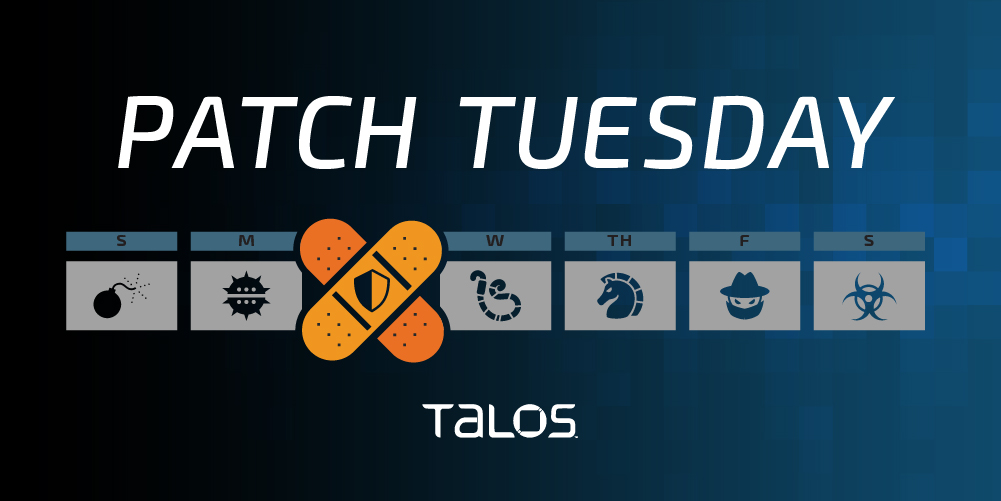
Microsoft disclosed 73 vulnerabilities across its suite of products and software Tuesday, including six that are considered “critical.”
One of the vulnerabilities, which Microsoft considers to be only of "moderate" severity, has been actively exploited in the wild. The company has had to address many zero-day vulnerabilities in its monthly security updates this year, including four last month and one in May. Microsoft also released an advisory detailing changes to its defense-in-depth model to defend against tactics adversaries are currently using in the wild.
Outside of the six critical issues, two are considered to be of “moderate” severity, while the remainder are listed as “important.”
Two of the critical vulnerabilities lie in Microsoft Teams, the company’s popular collaboration and messaging platform. An attacker could exploit CVE-2023-29328 and CVE-2023-29330 to perform remote code execution in the context of the victim user.
An attacker could exploit these vulnerabilities by tricking the victim into joining an adversary-created Teams meeting.
Three other critical remote code execution vulnerabilities — CVE-2023-35385, CVE-2023-36910 and CVE-2023-36911 — exist in Microsoft’s message queuing service for certain versions of Windows 10, 11 and Windows Server.
Message queuing would need to be manually enabled on a target’s machine for it to be exploitable, according to Microsoft. Users can check to see if they’re vulnerable by checking if there is a service named “Message Queuing” running on their device and if port 1801 is listening on the machine.
The last critical vulnerability included in August’s Patch Tuesday is CVE-2023-36895, a remote code execution vulnerability in Microsoft word. However, it has a relatively low severity score of 7.8 out of 10 for a critical vulnerability.
Microsoft Exchange also contains four remote code execution vulnerabilities, though all are considered “important.”
An authenticated attacker who is on the same intranet as the Exchange Server could achieve remote code execution via a PowerShell remoting session, according to Microsoft, by exploiting CVE-2023-35388, CVE-2023-35368, CVE-2023-38182 and CVE-2023-38185.
An adversary could only exploit the vulnerabilities in Exchange Server if they have valid credentials to log in with LAN access and have access to a valid Exchange user account.
There are also four elevation of privilege issues in the Windows kernel that could allow an adversary to gain SYSTEM-level privileges: CVE-2023-35359, CVE-2023-35380, CVE-2023-35382 and CVE-2023-35386.
Microsoft’s advisories state that these issues are “more likely” to be exploited, though the adversary must first have local access to the targeted machine, and the targeted user needs to be able to create folders and performance traces on the machine, which most users have by default.
Another privilege escalation vulnerability, CVE-2023-36900, exists in the Windows Common Log File System Driver. An attacker could also exploit this vulnerability to gain SYSTEM-level privileges, though they first must be able to log into the targeted system with the privileges of a standard user.
The only vulnerability Microsoft states is being exploited in the wild is CVE-2023-38180, a denial-of-service vulnerability in .NET and Microsoft Visual Studio. Though there are little details available currently about this issue, Microsoft states that the attack complexity is “low” and does not require any user privileges or interaction for an attacker to exploit it.
Talos would also like to highlight five “important” vulnerabilities that Microsoft considers “less likely” to be exploited. However, as these issues exist in the popular Microsoft Office suite of products and could lead to remote code execution, are still worth noting:
A complete list of all the vulnerabilities Microsoft disclosed this month is available on its update page.
In response to these vulnerability disclosures, Talos is releasing a new Snort rule set that detects attempts to exploit some of them. Please note that additional rules may be released at a future date and current rules are subject to change pending additional information. Cisco Secure Firewall customers should use the latest update to their ruleset by updating their SRU. Open-source Snort Subscriber Rule Set customers can stay up to date by downloading the latest rule pack available for purchase on Snort.org.
The rules included in this release that protect against the exploitation of many of these vulnerabilities are 40689, 40690, 62202, 62203, 62208 - 62211, 62215 and 62216. There are also Snort 3 rules are 300648 - 300650 and 300652.
Source: Cisco Talos
Source Link: https://blog.talosintelligence.com/patch-tuesday-august-2023/